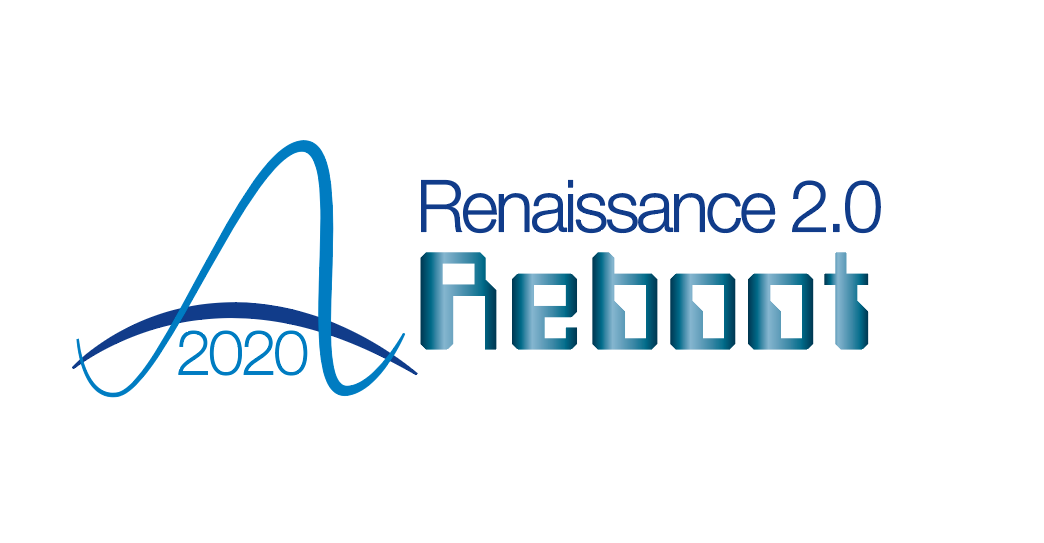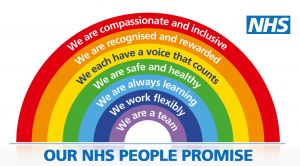Trusting millennials
07 August 2020

The NHS People Plan, published in July, is an admirable statement of intent. As a response to the extraordinary circumstances created by COVID-19, it does a fine job of acknowledging the challenges faced by 1.3 million NHS staff, celebrating the way they have risen to those challenges, and setting out plans and aspirations for changes that need to happen.
The plan does not shirk from the sometimes difficult tasks ahead. It addresses the need for NHS people to examine their own personal track record on, and commitment to, equality, diversity and inclusion. It talks about the importance of building on the way NHS people adapted to work and learn together in multi-professional teams that embrace technology. It addresses the renewed emphasis on flexible skills and building capabilities rather than staying within traditionally-defined roles. It stresses the need to build on the extraordinary public support that’s been in evidence throughout the pandemic to recruit new people to fill gaps in the workforce.
NHS boards should note how the plan acknowledges the work that’s already taken place at the front line. The flexibility and adaptability displayed by staff at the sharp end during the pandemic must continue for the plan to succeed. The question is, can boards be as flexible and adaptable as their front-line colleagues?
Generation gap
The answer to that question is uncertain – and one of the reasons for that uncertainty is age-related. Although more than half of the NHS workforce are aged 44 or under, the stark truth is that NHS boards do not score particularly well on age diversity. More than 90% of non-executive directors are aged 50 or above, along with 65% of executive directors.
Boards have traditionally, and quite rightly, relied on the views of experts to inform their plans for change. But the experience of COVID-19 – and the NHS People Plan itself – highlight the importance of a new kind of expert: people who learn and quickly adapt based on their own lived experience. And most of these people are millennials, the generation born between roughly 1980 and 2000.
That means board members must find ways to get closer to NHS millennials and tap into their knowledge, balancing it constantly with the more traditional expertise of experience.
Millennial friendly
The flexibility, inclusion and focus on multi-skilled, technology-fuelled professionalism stressed in the plan is well targeted at millennials. That makes sense because there are certainly a lot of them. They constitute around a quarter of the UK population and they are the largest generational working cohort in the UK – by 2025 they will make up 75% of the workforce – and the second-largest group overall.
Generational generalisations are always fraught with risk, but it’s true to say that this is the first demographic cohort to grow up with the internet, advanced mobile devices and social media. Millennials are better educated and more culturally diverse than preceding generations but they also face more challenging work prospects, partly due to the economic turmoil of the late 2000s.
This is the generation that was forced to give up on any idea of the security of a ‘job for life’ and are less likely than previous generations to be able to afford to buy their own homes. That makes them more nomadic and it could also explain the importance they attach to achieving a strong work/life balance. At work, there is research that suggests millennials associate job satisfaction with free flow of information, strong connectivity to supervisors, and more immediate feedback.
Perhaps in common with all generations when they’re young, millennials are also less inclined to accept what they’re told simply because it is a person of authority telling them.
Interestingly, there is also evidence to suggest that the coronavirus crisis has increased millennials’ sense of individual responsibility, with nearly three quarters responding to a survey by saying the pandemic has made them more sympathetic toward others’ needs and that they intend to take actions to have a positive impact on their communities. This might go some way to explaining why there was such a huge response to the call for NHS volunteers in March.

Crossing the millennial bridge
If the NHS People Plan is full of laudable millennial-friendly measures and the NHS workforce is full of millennials with a growing sense of responsibility, all would seem well. But until the voice of millennials is heard more clearly by boards and acted upon more regularly, there will remain a fundamental gap between aspiration and reality that no amount of goodwill or well-meaning discussion will bridge.
Addressing this issue requires immediate action. At the heart of that action must be a heartfelt acknowledgement that, for all the hard-earned expertise there is across NHS boards, the experts in the reality of living and working in the NHS here and now are elsewhere – and they’re younger.
Questions for boards
Fresh ideas will only flourish if fresh blood is injected into boards. Now is the right time for boards to consider the following points.
- Reflections on succession planning and recruitment – What does the future look like for our board and what measures are we taking to attract younger board members? More broadly, should we revisit our hiring and retention incentives to attract new people?
- Reverse mentoring – How do we find the right people to connect with and how do we encourage them to participate? Is now the time to consider establishing a shadow board comprising only millennials, which would meet at the same time as the regular board and discuss the same issues?
- Striking a balance – How do we ensure that we balance the invaluable, hard-earned experience of older board members with the tech-savvy, front-line expertise of younger colleagues?
- Community engagement – How do we assure ourselves that we engage with the communities we serve in a way that genuinely connects with the values and priorities of younger generations? Should the NHS Ambassadors scheme be recruiting millennials and Gen Zs to spread the word?
- Our commitment to equality, diversity and inclusion – What positive action are we taking to improve the quality of our pipeline and are we ready to walk the walk on diversity and inclusion by harnessing the experiences of millennials within our organisation and finding new ways to create external inclusion?
If you have any questions or comments about this briefing, please call us on 07732 681120 or email advice@good-governance.org.uk
Martin Thomas
Copywriter
